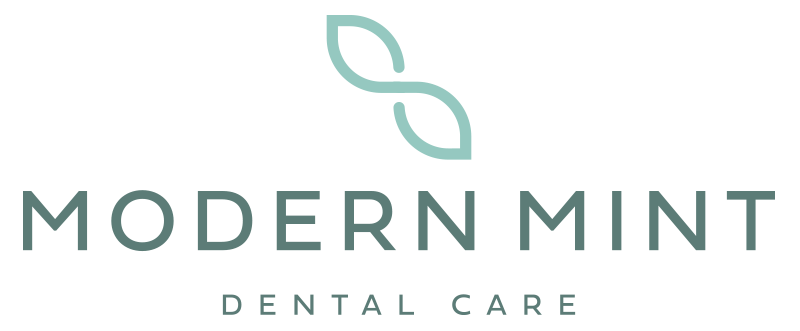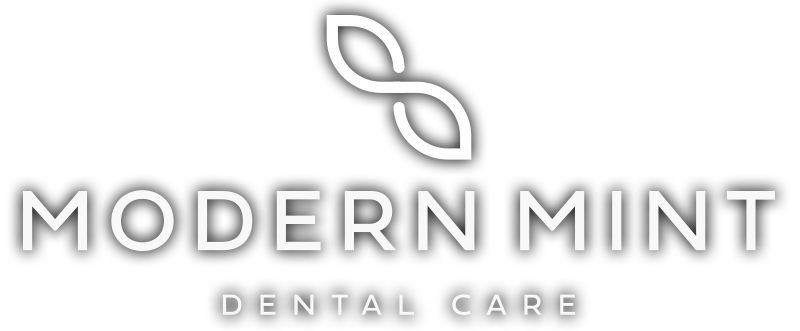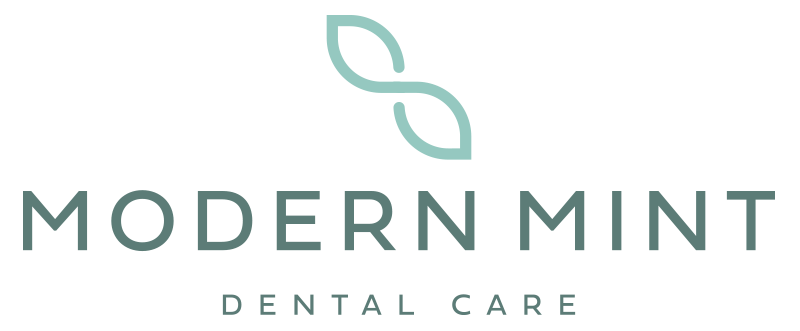Do you feel anxious every time you imagine sitting in a dentist’s chair? You’re not alone. About 22% of patients skip appointments because they fear the dentist.
Skipping routine appointments can compromise your oral and overall health. Instead, talk to your dentist about the different types of dental sedation. Conscious sedation in dentistry can help you relax and receive the care you need.
Not sure if sedation dentistry services are right for you? Read on to learn more about the different options available!
What Is Sedation Dentistry?
Sedation dentistry can help you feel calm and relaxed during dental appointments. Conscious sedation in dentistry is also called “twilight sleep.” You’ll technically remain awake during the appointment.
Sedation dentistry can create a state of short-term amnesia. You’ll remain insensitive to pain but won’t lose consciousness.
It’s used for a range of dental procedures; everything from regular checkups and simple teeth cleanings to complex oral surgeries. Your dentist will determine which type of sedation you need based on your level of anxiety and procedure.
Who Needs It?
Dental anxiety (or dental fear) affects about 36% of people. Another 12% of patients suffer from extreme dental fear.
Dental anxiety can have serious repercussions if it keeps you from seeking treatment. It’s a significant barrier to dental attendance. If you don’t visit your dentist regularly, your risk of oral health issues could increase.
Dental avoidance can increase your risk of tooth decay and gum disease. Routine appointments allow your dentist to recognize signs of issues before they develop further.
High dental anxiety can influence your quality of life. You could develop a serious health condition if your oral health suffers. For example, gum disease can increase your risk of:
- Diabetes
- Heart disease
- Lung disease
- Stroke
If you or your child suffers from dental anxiety, talk to your dentist. They’ll determine if you’re an ideal candidate for sedation dentistry. Dentists often recommend it to patients with:
- Dental anxiety
- A fear of dental appointments
- A fear of needles (aichmophobia)
- Extreme teeth sensitivity
- Decreased sensitivity to local anesthesia
- A sensitive gag reflex
- Feelings of claustrophobia while in a dental chair
- Difficulty controlling movements
- Special needs
Conscious sedation will keep you relaxed while you’re in the dentist’s chair. Your dentist will have an easier time assessing your oral health and providing treatment.
Types of Dental Sedation
Remember, dentists recommend varying levels of sedation based on each patient’s unique needs. Your dentist will consider:
- Your personal preference
- The length of your procedure
- Your health history
- Your level of anxiety
There are three main types of sedation dentistry: oral conscious sedation, intravenous sedation, and nitrous oxide.
Nitrous Oxide
Nitrous oxide is more commonly known as laughing gas. At the beginning of your appointment, you’ll put on a mask or nosepiece. As you breathe in, you’ll inhale nitrous oxide.
Nitrous oxide can produce calming effects in three to five minutes. Your dentist will control how much you receive during your appointment. They may adjust your level of sedation throughout the procedure.
At the end of the procedure, your dentist will give you pure oxygen. Oxygen will flush the nitrous oxide out of your system.
This ensures the nitrous oxide leaves your system quickly. You should be safe to drive yourself home following your appointment.
Oral Conscious Sedation
If you choose oral conscious sedation, arrive early for your appointment. Your dentist will give you sedative medicine in pill form an hour before our procedure. Common medications include:
- Triazolam (Halcion®)
- Zaleplon
- Lorazepam
For younger patients, some dentists use liquid sedation. They may give your child midazolam oral syrup.
Oral conscious sedation medications can make you feel groggy. You may fall asleep during the procedure.
Your dentist will be able to wake you with a gentle nudge. You’ll still be able to communicate with your dentist during your appointment.
Oral sedation can temporarily affect your motor skills and memory. Don’t drive home after your appointment. Instead, have a friend or family member pick you up to ensure you arrive home safely.
Intravenous Sedation
Intravenous sedation (also called IV sedation) is the deepest form of conscious sedation in dentistry. Before the procedure, your dentist will deliver sedation medication directly into your bloodstream using an IV line.
Your dentist will monitor your heart rate, oxygen, and blood pressure levels during your appointment. They may need to adjust the dosage. If necessary, they can use reversal medications to wake you up.
Some patients fall asleep after receiving IV sedation. You’ll likely have no memory of your treatment after waking up.
This is the best option for patients with extreme dental anxiety. It’s also ideal if you need to undergo a lengthy procedure (like dental implant surgery).
The Benefits
Sedation dentistry is most beneficial for patients who are nervous or anxious about their appointments. It can help:
- Make the procedure more comfortable
- Help patients with a sensitive gag reflex
- Ensure patients experience a better overall experience
- Help patients remain calm and relaxed
However, there are a few risks and side effects you should be aware of before your appointment.
The most common side effect is drowsiness. You could feel groggy for several hours after your procedure. Don’t operate heavy machinery or drive immediately after your appointment.
Some patients experience vomiting and nausea. However, reactions usually aren’t severe.
If you experience symptoms, drink plenty of water. Eat small, frequent meals.
In rare cases, some patients have an allergic reaction to the sedatives. Let your dentist know if you have any underlying medical conditions or allergies.
Request Dental Sedation During Your Next Visit
You don’t have to feel nervous during your next dental visit. Instead, talk to your dentist about the types of dental sedation they offer. Sedation dentistry can ensure you receive the treatment you need comfortably.
Modern Mint Dental offers cutting-edge dental care to meet each patient’s unique needs. We understand what it’s like to be anxious before an appointment. Rely on our 11 years of experience and advanced dental technology.
We can help you remain relaxed during your appointment. Contact us for your personalized plan with dental sedation services!




